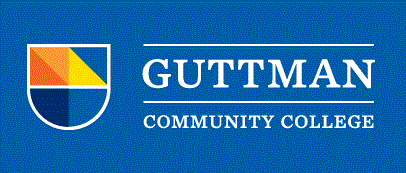
Publications and Research
Document Type
Article
Publication Date
Winter 2013
Abstract
This paper presents a vertical case study of the history of universalizing education in postcolonial Sierra Leone from the early 1950s to 1990 to highlight how there has never been a universal conception of universal education. In order to unite a nation behind a universal ideal of schooling, education needed to be adapted to different subpopulations, as the Bunumbu Project did for rural Sierra Leoneans in the 1970s to 1980s. While the idea of “localizing” education was sound, early program success was undermined by a lack of clarity behind terms like “rural” or “community.” This was exacerbated by a change in the scope of the project beyond its original objectives. Only by well defining the specific constituents of a target group and fulfilling their precise needs can myriad small-scale programs ultimately aggregate to meet the diverse demands and desires of society writ large.
Included in
African History Commons, African Studies Commons, International and Comparative Education Commons

Comments
This article was originally published in Current Issues in Comparative Education.